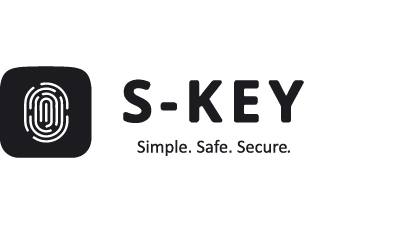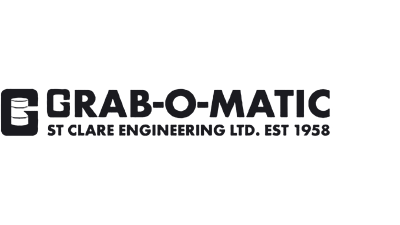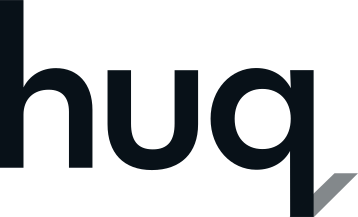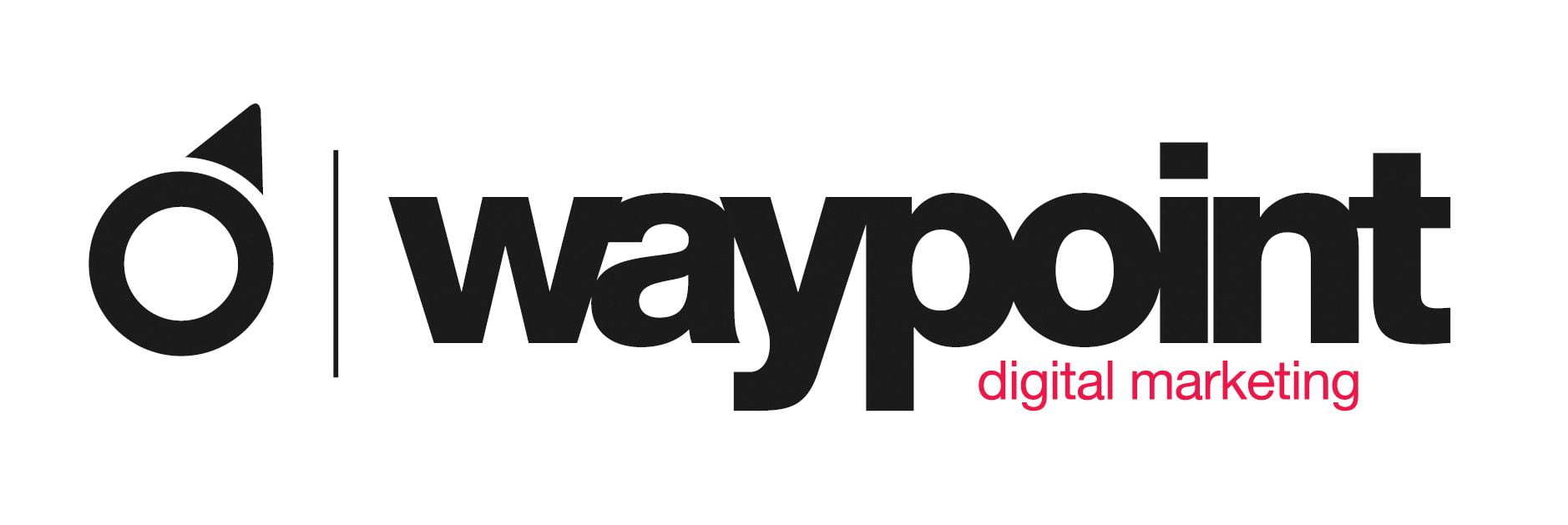With the recent introduction of Open AI’s ChatGPT search, the search engine landscape is facing the most significant shake-up in its relatively short history. Up until now Google has held an iron grip on the UK search environment enjoying a 94% market share of all searches (1). With AI tools going mainstream, this is about to change.

Designed as a desktop-integrated feature, ChatGPT search has just been added to the existing ChatGPT platform via a simple Search button at the bottom of the Message box. You just type in your search query and it provides a conversational answer, by drawing on the latest and most relevant and accurate sources on the web.
By cutting through the traditional list-of-links approach, ChatGPT search is not only challenging the conventions of search but also taking aim at Google’s long-standing dominance.
The new approach: how ChatGPT search is different
ChatGPT search’s conversational interface and simple clean design mark a fundamental shift in how people use search engines. Instead of sorting through numerous links, ChatGPT search provides users with an answer, backed up by visible references to support the response. This new approach is just what most people want – a quick, accurate and up to date answer without the hassle of scrolling through pages and pages of website listings.
Google’s response
As anyone who uses Google Search knows, Google has not been sitting on its hands and has introduced its own AI Overview feature at the top of all search queries. In a similar fashion to ChatGPT search, Google’s AI Overview feature provides a concise summary answer allowing users to get a quick answer or summary of a topic without the need to sift through multiple links. Google has also introduced numerous AI-driven features, such as enhancements to Google Lens’s and Circle to Search on Android devices, which allows users to search on any object that they can see on their screen.
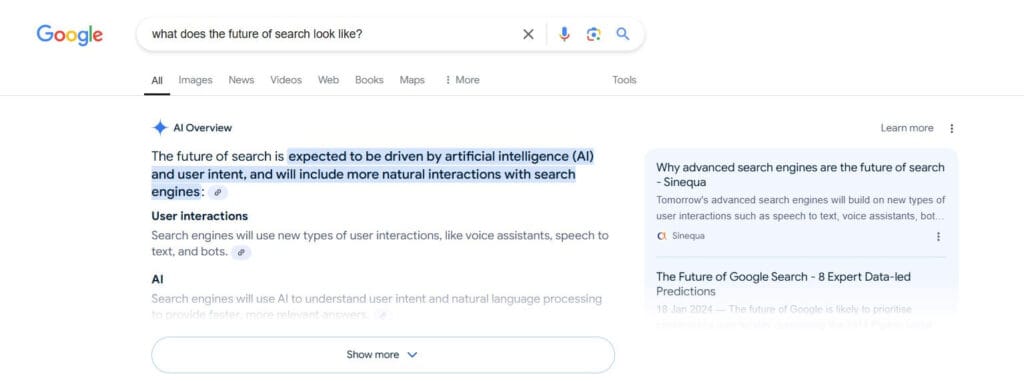
Google’s is very well placed to keep pace and ultimately move ahead of Open AI, Anthropic, Microsoft and others with their extraordinarily deep pockets and vast data resources. In the last 12 months they have launched Gemini, their own large language model (LLM). It is Gemini that is powering the AI Overview feature at the top of Google search results, but it does much more than just that, being built into the entire suite of Google products and acting as an AI-assistant to provide quick answers and act as a coach or advisor to the user.
Challenges ahead for Google and the search landscape
Despite its current market dominance, Google faces an existential threat as AI-powered conversational search tools are rolled out and adopted. The emergence of new players like OpenAI reveals a broader industry shift. Where traditional search engines offered lists of links for users to explore, the new generation of AI search tools will deliver answers in a simple straightforward manner. Google’s continued dominance in this space will rely on it integrating AI throughout its product ecosystem in ways that retain user trust while adapting to the new demand for more conversational, answer-oriented search experiences.
The launch of Google’s generative AI features have been a welcome addition but the tech giant will have to develop and remain vigilant about the quality and reliability of its AI-driven content. Users have grown a little wary of AI-generated ‘hallucination’ and biases with LLMs, and providing transparency in search results will be essential if Google is to retain users and protect its market share.
The future of search: innovation and competition
The competition between Open AI’s ChatGPT search and Google represents a dramatic new development in the history of search engine technology. For Google, this rivalry will drive further innovation as it works to retain its dominance of the search engine market and protect the revenue it generates from paid search advertising which currently sits at $174 billion per annum (2). For OpenAI, the success of ChatGPT search will I am sure mark the beginning of a new era in which AI-powered alternatives challenge the most established players.
In the future, we can expect to see search engines that are increasingly conversational, with AI acting not merely as a support tool but as the primary interface for users. This will lead to search experiences that are more digestible, accurate and tailored to the user. For example, AI could start to anticipate user questions based on context, location, and previous queries, creating a highly personalised search journey.
In summary
The launch of ChatGPT search represents the first major disruption to the search market since Google Search arrived in 1998. Instead of being provided with a long list of adverts, website listings and reference materials, we are now all enjoying concise, personalised answers to our questions. As AI reshapes how we interact with search engines, companies like Google will need to keep pace, which they are doing as seen with the launch of Gemini and AI overviews. The main beneficiaries of these advances in search will be us the general public, gaining access to more accurate, streamlined and contextually relevant information than ever before. It’s a very exciting time for the world of search!
References:
(1) Statcounter: https://gs.statcounter.com/search-engine-market-share/all/united-kingdom
(2) Doofinder: https://www.doofinder.com/en/statistics/google-revenue-breakdown


